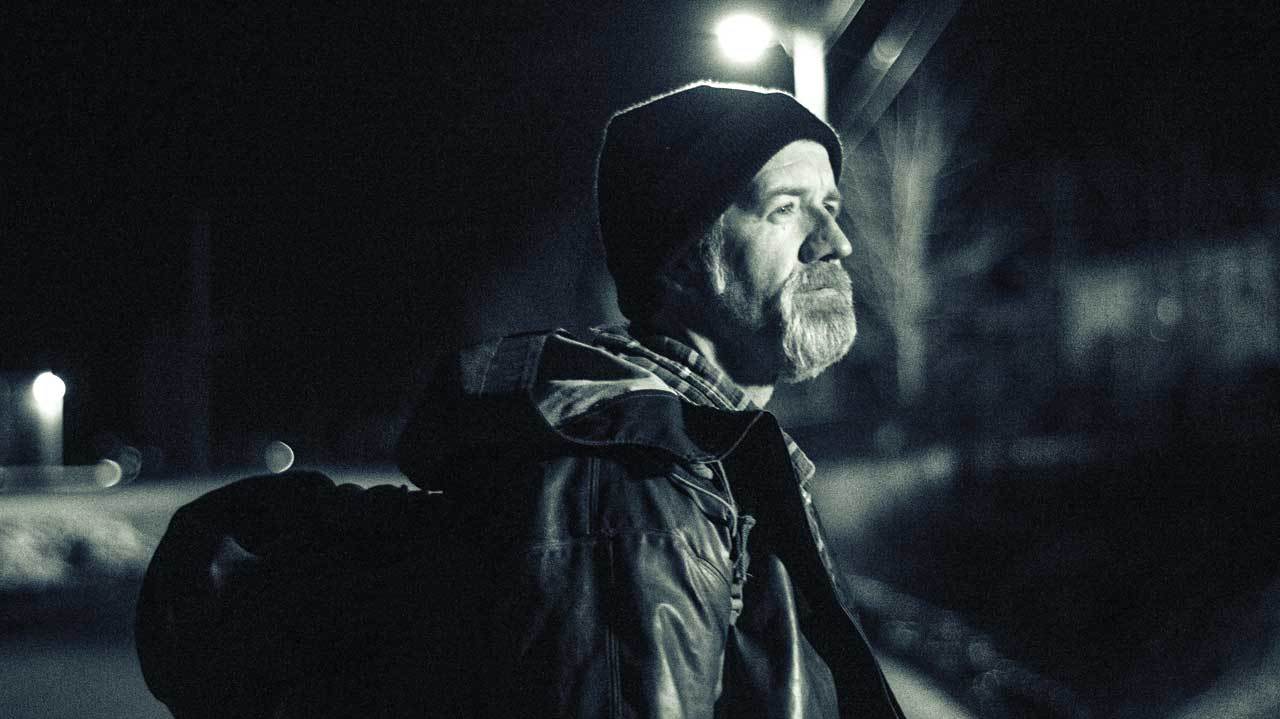For a band so notoriously difficult to pigeonhole, it should come as no surprise that Ulver should follow up January’s expansive and proggy ATGCLVLSSCAP LP with something from left field, in this case a soundtrack album named for the film Riverhead, about family feuds in Newfoundland.
This is not the first feature the band have soundtracked, but it may well prove their best – as sparse and minimal as ever, but with a gentle drive to its arc that will carry along the listener. Crucially, there are repeated themes; a snatch of piano notes, a bowed drone note, a gentle patter of cymbals, that bind together the material within its narrative.
As one might expect, their electronic and ambient influences shine strongly, and lend themselves well to the cinematic atmosphere, but perhaps less obviously where there are organic instruments there remains a strong folk influence. The director Justin Oakey has in fact specifically alluded to this when describing the soundtrack, saying that it employs Celtic and Nordic folk influences that tie together the film’s setting – Newfoundland – and the band’s native Norway. Tracks like Stalking blend an almost intuitive sense of musical harmony and rhythm into something both novel and familiar, with percussive and electronic elements somehow coming together to evoke the mood and essence of folk music without its characteristic instrumentation.
Some tracks buck the trend by having more immediacy to them; chief among these are Idle Hands Are The Devil’s Playthings, the title track, Dark Alley and Father’s Feud. The former features a gorgeously insistent string part that holds down a drone while fleetingly flirting with dissonance, while the latter features some of the only percussion on the album, in the form of sound effect-like gravel crunches, which heighten the tension and presumably tie in to the film itself. Possibly the only negative that can be observed is that all these tracks are clustered toward the front of the record, meaning that the second half is very avant-garde by comparison. Whether Bored of Canada is a sly reference to legendary experimental electronic band Boards of Canada or not, the track seems to sonically reference the Scottish duo, an obvious influence for music of this style, even if they are comparatively more extrovert about their approach.
As a soundtrack album, it’s entirely possible that only hardcore fans of Ulver will find it essential; however, for those interested in the band beyond their early mercurial folk and black metal records, this is an interesting and captivating document of their electronic and cinematic work.
